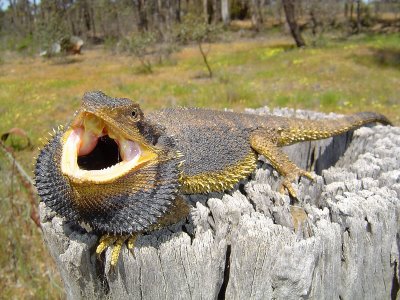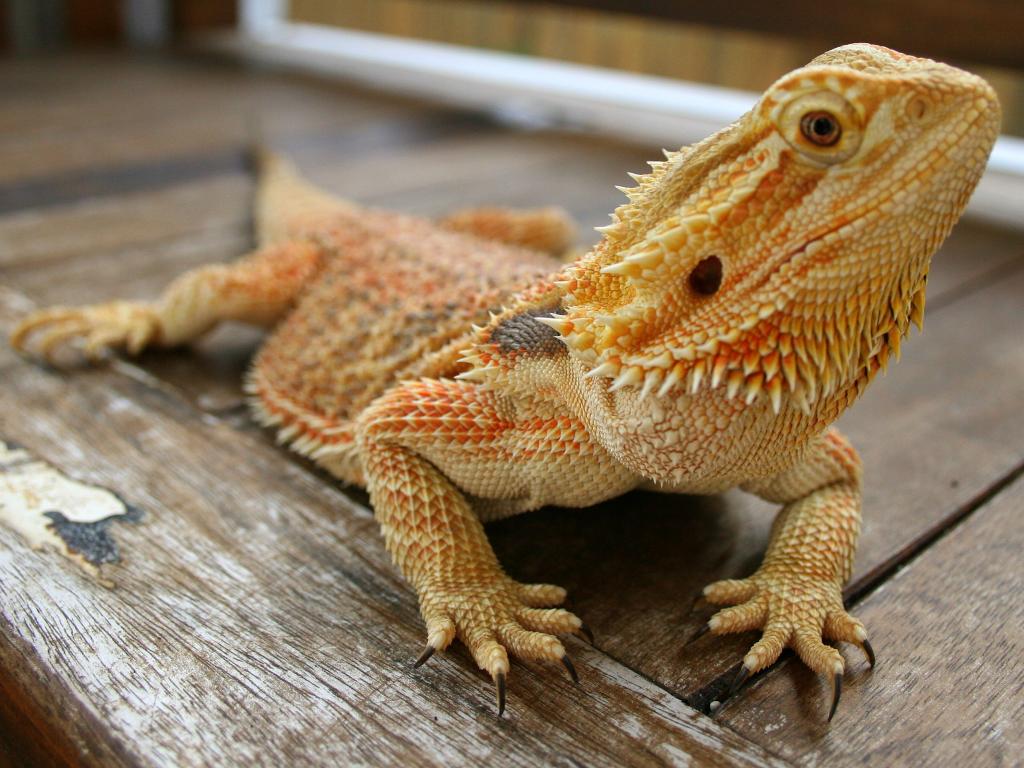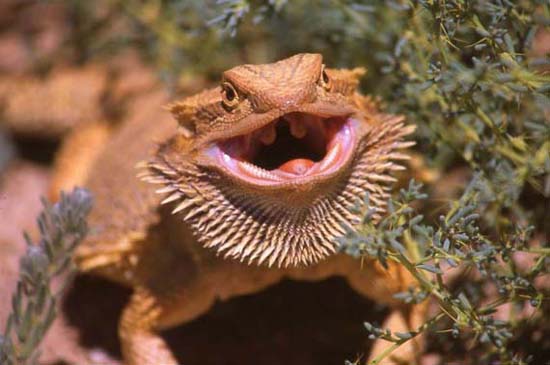Bearded Dragon Neck Turning Black: Causes, Symptoms and Treatment
Bearded Dragon Neck Turning Black: Understanding the Basics

Bearded dragons are popular pets known for their docile nature and unique appearance. These lizards, also known as pogonas, are native to Australia and are popular due to their ease of care, low maintenance, and friendly personality. One of the most common problems faced by bearded dragon owners is their necks turning black. This can be a cause of concern for many owners. However, it is usually a sign of stress, illness, or a change in environment.
Causes of Black Neck in Bearded Dragons
The main reasons for bearded dragon neck turning black are:
- Stress
- Illness
- Thermal gradients
- Skin shedding
- Mating behavior
Stress
Stress can cause a range of symptoms in bearded dragons, including loss of appetite, lethargy, and black neck. Stress in bearded dragons can be caused by a range of factors, including:
- Inadequate temperature gradients
- Inadequate light
- Inadequate diet
- Crowded living space
- Lack of hiding area
Illness

Illness can also cause bearded dragon neck turning black. Some common illnesses that can cause black neck in bearded dragons are:
- Parasites
- Respiratory infections
- Metabolic bone disease
Thermal Gradients

Bearded dragons require a thermal gradient in their living environment. This means that they need to have access to different temperature zones, including a warm side and a cooler side. Without this, the bearded dragon can become too cold or too hot, which can cause blackening of the neck region.
Skin Shedding
Bearded dragons periodically shed their skin. During this process, the old skin dries out and falls off, revealing a new layer of skin underneath. If the black neck is due to skin shedding, the black coloration will usually disappear once the shedding process is complete.
Mating Behavior

During the mating season, male bearded dragons can display a range of behaviors to attract females. One of these behaviors is to darken the skin around the neck region. This is a normal behavior and not a cause for concern.
Symptoms of Black Neck in Bearded Dragons
Apart from the blackening of the neck region, bearded dragons may show some other symptoms when they are stressed or ill. Some of these symptoms include:
- Lethargy
- Loss of Appetite
- Dehydration
- Weight loss
- Abnormal fecal output
Treatment for Black Neck in Bearded Dragons
The treatment for bearded dragon neck turning black depends on the underlying cause.
Stress
To treat stress-related black neck, it is essential to identify the cause of stress and address it. Some ways to reduce stress in bearded dragons include:
- Keeping the habitat clean and hygienic
- Providing adequate hiding areas
- Providing adequate lighting and temperature gradients
- Ensuring a balanced and nutritious diet
- Avoiding overcrowding
Illness
If your bearded dragon is showing signs of illness, the best course of action is to take it to a veterinarian experienced in treating reptiles. Some common treatments for illnesses in bearded dragons include:
- Antibiotics
- Vitamins and Mineral Supplements
- Fluid Therapy
- Surgery in severe cases
- Isolation from other animals
Preventing Black Neck in Bearded Dragons
Preventing black neck in bearded dragons is easier than treating it. Here are some tips to prevent black neck in bearded dragons:
- Keeping the habitat clean and hygienic
- Providing adequate hiding areas
- Providing adequate lighting and temperature gradients
- Ensuring a balanced and nutritious diet
- Avoiding overcrowding
Conclusion
Black neck in bearded dragons can be a cause for concern, but it is often treatable. By understanding the underlying cause and taking the appropriate steps to address it, you can ensure that your bearded dragon remains happy and healthy. Be sure to provide your bearded dragon with a healthy, thriving habitat and regular veterinary care to minimize the risk of black neck and other health problems. If you are concerned about your bearded dragon, it is always best to consult with a reptile veterinarian for guidance and treatment options.
